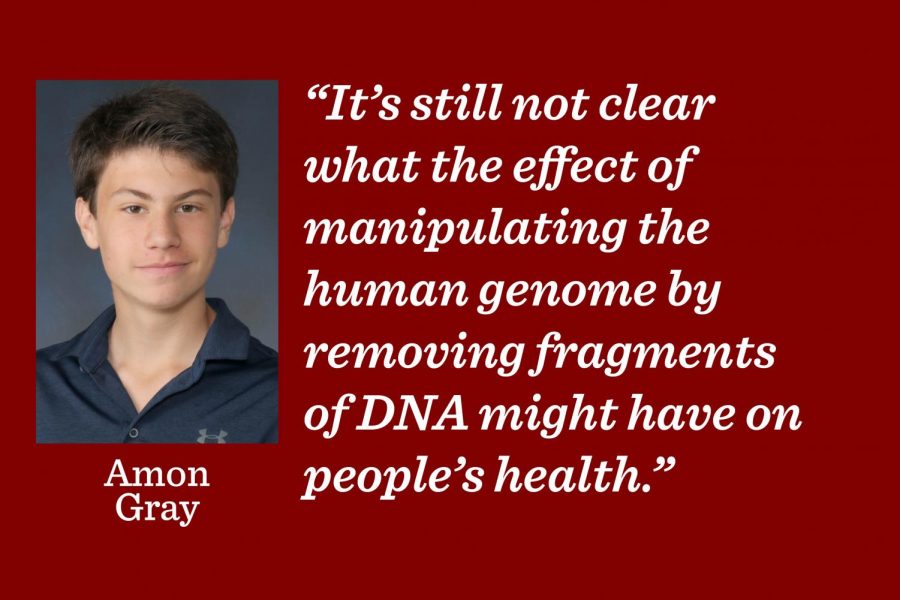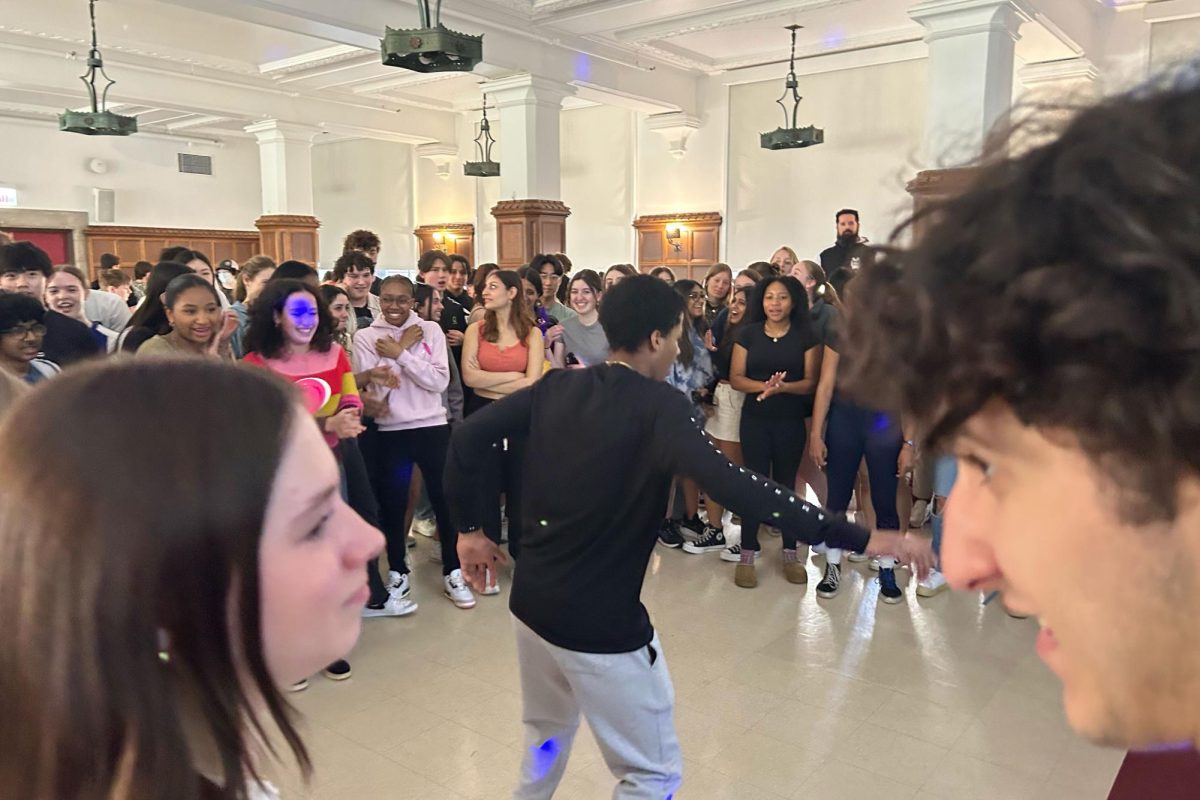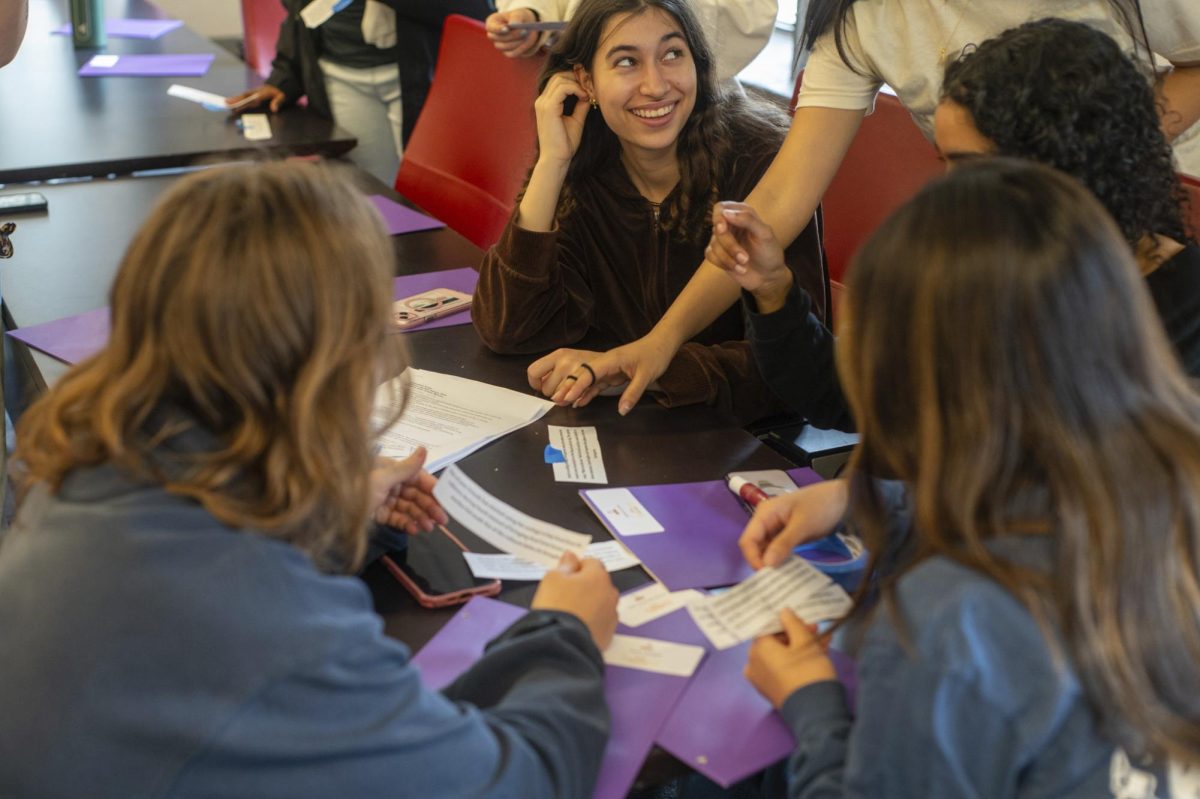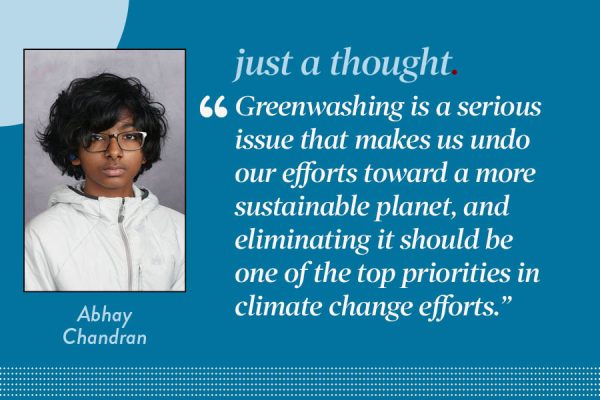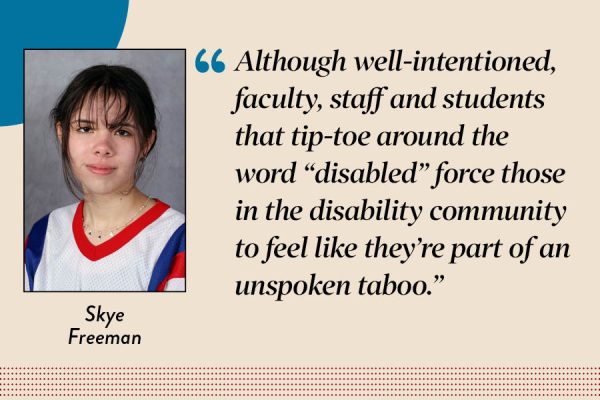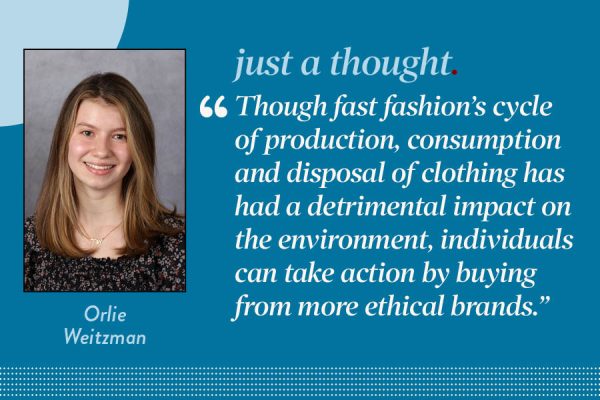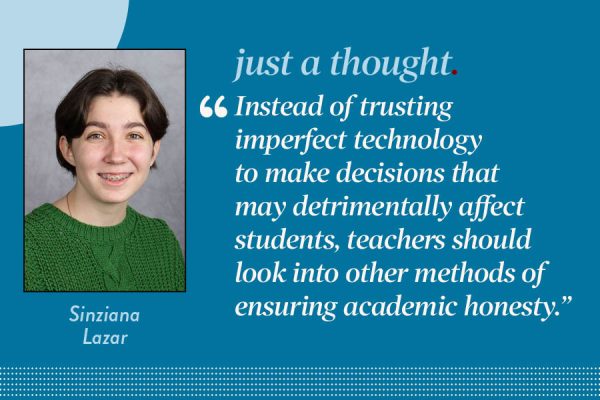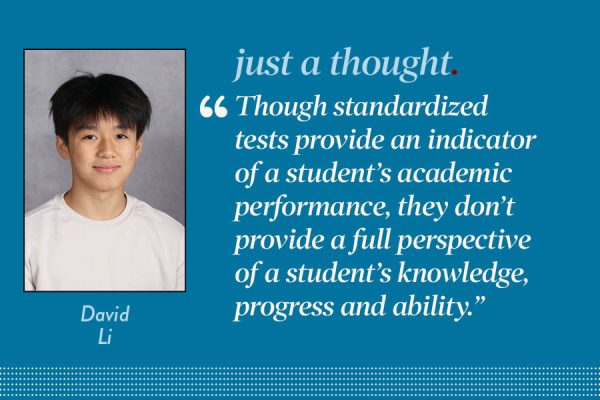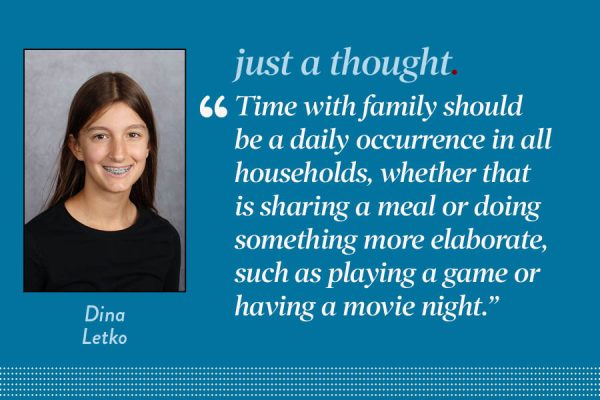Despite possible benefits, children should not be genetically modified
April 24, 2020
On Nov. 26, 2018, Chinese scientist He Jiankui made a surprising announcement to the world. He had created the first genetically altered babies that would be immune to HIV. Dr. He used the embryos of a couple, one of whom had HIV. Dr. He used a tool called CRISPR/Cas9 to precisely target and cut DNA strands and brought the babies into the world in the hope that his procedure had gone to plan. Over a year later, he was found guilty of conducting “illegal medical practices” and sentenced to three years in prison.
Until the effects can be studied safely, children should not be genetically modified through germline editing, even to help prevent a potential developmental disorder or disease.
It is true that if Dr. He’s experiment was successful, the girls are now immune to HIV. If these procedures were to continue, people who never thought they could have children because of HIV could now be mothers and fathers. Other research is also being done into using these procedures to cure sickle cell and other genetic diseases. Patients can also be enhanced by these genetic modifications, eradicating possible mutations and allowing parents to choose things like height, eye color or skin tone.
However, there are safer, well tested treatments for HIV such as antiretroviral therapy that would allow the girls to live longer lives. Also, once the DNA is affected, those genes will be passed on to their children, permanently affecting the gene pool and passing on any problems caused by the experiment. If this continues, people could choose to eradicate mutations or changes in the DNA sequence instead of accepting them. A society would be created with no place for people with these mutations.
If these procedures continue, a social rift could form between an upper class of genetically enhanced humans and those who cannot afford such treatments.
Of even greater importance, if these procedures continue, a social rift could form between an upper class of genetically enhanced humans and those who cannot afford such treatments. If these procedures continue, those who can afford it may be able to pick and choose intelligence, height and physical endurance. If gone unchecked, this could go so far as to create a society of manufactured people created with none of the differences that would make them unique.
Finally, it’s still not clear what the effect of manipulating the human genome by removing fragments of DNA might have on people’s health now, or for future generations. Also, CRISPR has been known to target genomic DNA in the wrong place. This could potentially do more damage than good. Scientists around the world have been legally testing genetic modifications on animals and human embryos outside the womb; however, there is no data to show that the children would not be harmed if they were brought into the world.
Humanity should be more cautious in exploring this new technology and should, for now, confine the study of genetic modification to animals and to embryos outside the womb.
I urge readers to inform others about the dangers of these experiments. International cooperation and restrictions must be put in place to prevent scientists from making these jumps too quickly.



